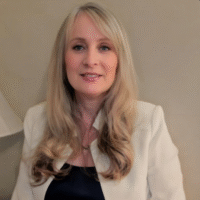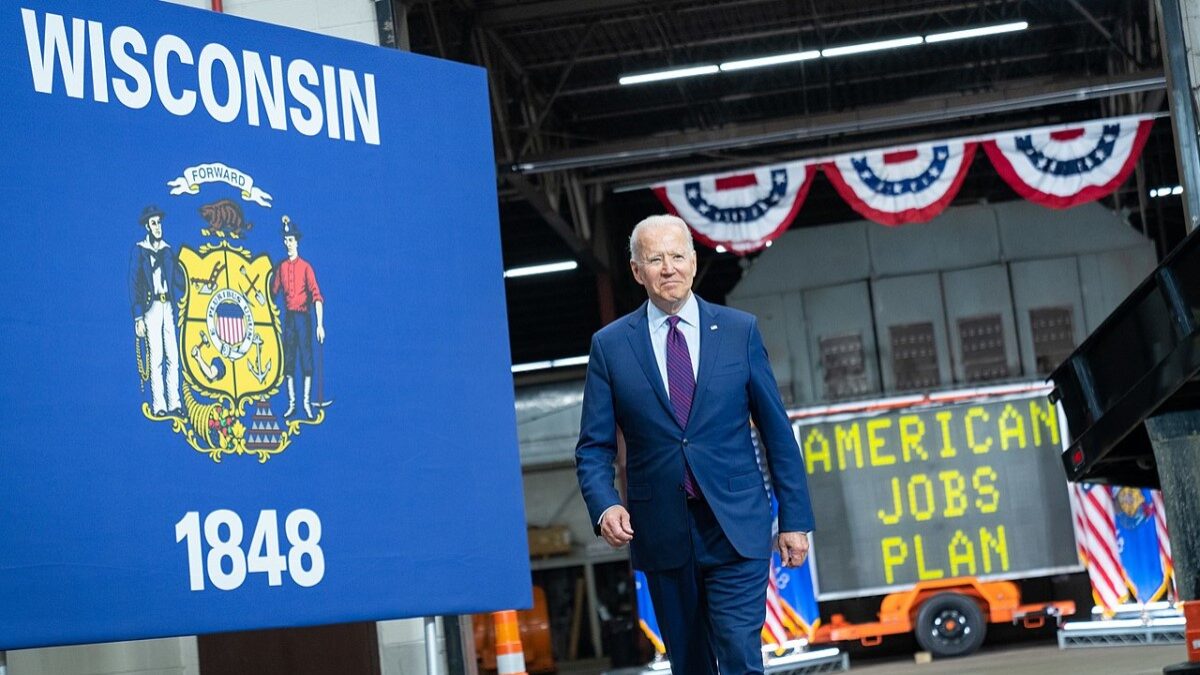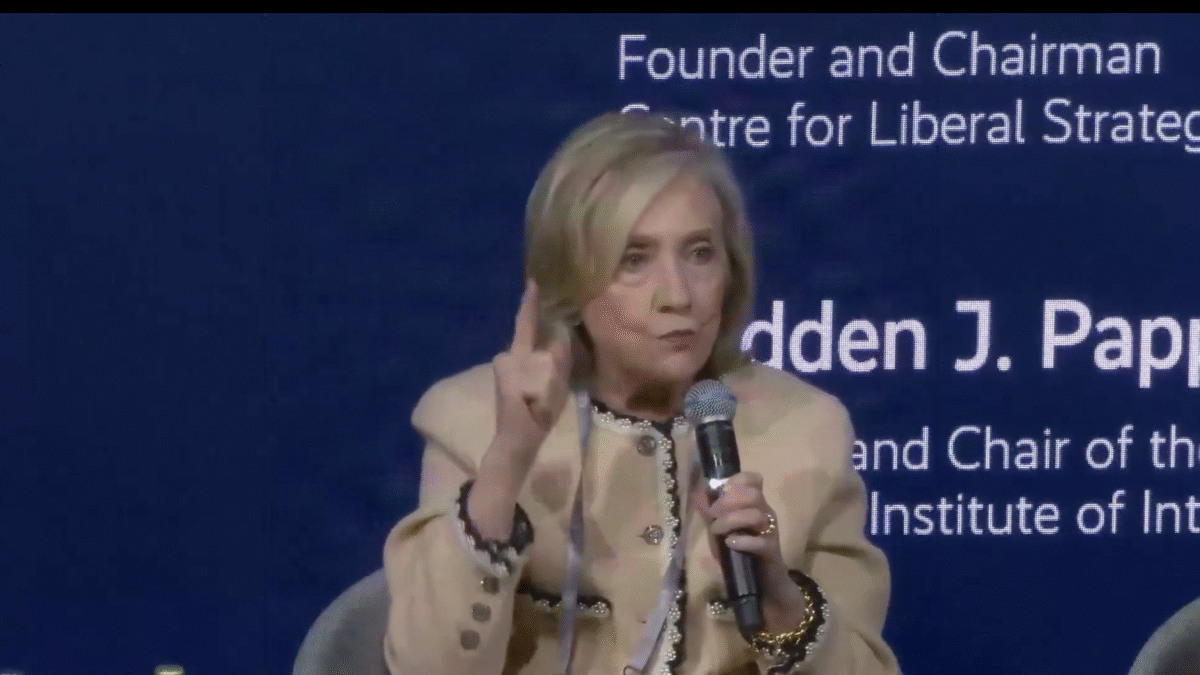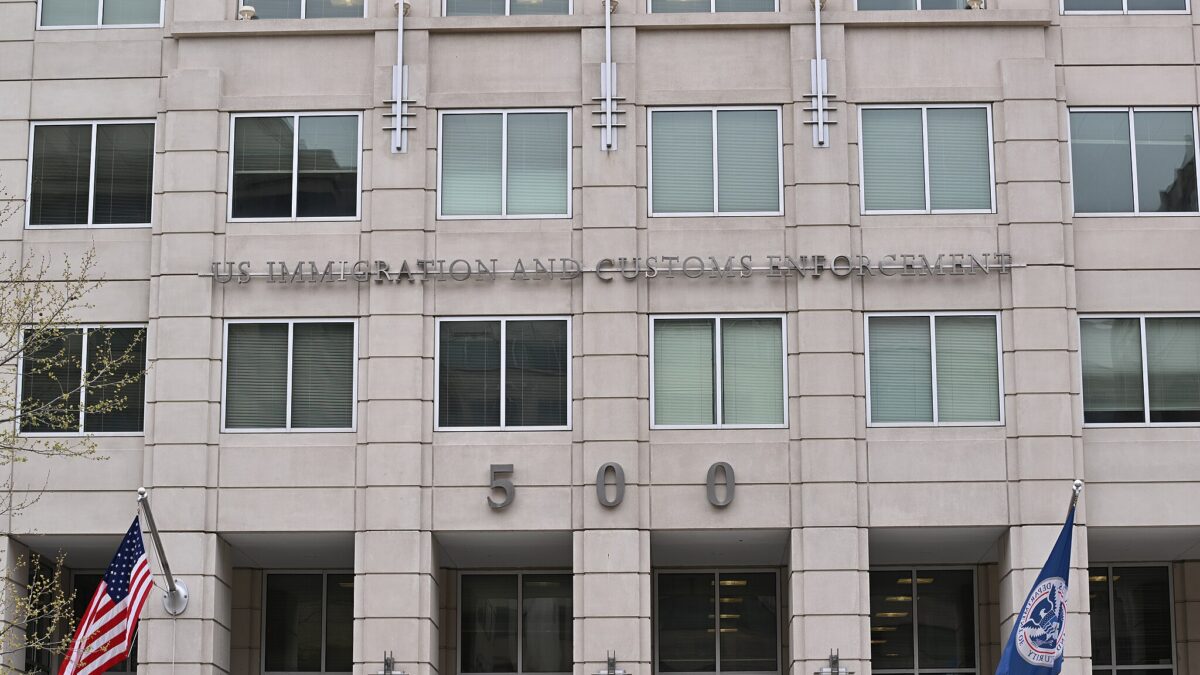Last week, a Louisiana appellate court reinstated Attorney General Jeff Landry’s lawsuit challenging Mark Zuckerberg’s infiltration of the state election system with private “Zuck Bucks” that flooded the country during the 2020 election.
The lawsuit, State of Louisiana v. Center for Tech and Civic Life, originated in October 2020. That’s when Louisiana, through Landry, sought a court order declaring that “private contributions to local election officials and the election system in general are unlawful and contrary to Louisiana law.” Landry’s lawsuit followed attempts by the Zuckerberg-funded Center for Tech and Civic Life to dole out millions in targeted grants to election officials throughout the state.
By the time Landry sued, more than 20 officials throughout the state had applied for grants of nearly $8 million, but after the attorney general warned them the funds were illegal, most abandoned their efforts. Orleans and Calcasieu parishes, however, went on to accept more than $810,000 in funds for the 2020 election.
While Landry succeeded in limiting the impact of the Zuckbucks in Louisiana to two parishes, his efforts to prevent what he called “the corrosive influence of outside money on Louisiana election officials” initially failed when a state trial court dismissed his lawsuit against the Center for Tech and Civic Life and its partner organizations.
In tossing the case, the trial judge held there was no legal basis to prevent “registrars of voters, clerks of court, or other local election officials from seeking and obtaining grant dollars to assist with the funding the necessary staff and equipment for the upcoming November 3, 2020 election.” In reaching this conclusion, the trial court relied on Louisiana’s constitution, specifically article 6, § 23.
That provision authorizes “political subdivisions” to “acquire property for any public purpose,” by among other things, “donation.” The trial court then reasoned that because “registrar of voters and clerks of court are ‘political subdivisions,’” “they are allowed to accept private donations,” including to run elections. Accordingly, the trial court tossed the state’s lawsuit and allowed the private funds to flow into the parish coffers.
Landry appealed the dismissal of the state’s challenge to the Zuckbuck scheme and last Wednesday the Louisiana appellate court reversed the lower court decision. In reversing the trial court and reinstating Landry’s lawsuit against the Center for Tech and Civic Life and the other defendant organizations that assisted in distributing the Zuckbucks, the Louisiana appellate court analyzed controlling precedent to determine whether the clerks of court and the registrar of voters are “political subdivisions” within the meaning of art. 6 § 23 of the Louisiana constitution.
They are not, the appellate court concluded. “Rather it is clear that they are constitutional officers created by the State pursuant to our constitution,” the appellate court continued, “and both officers have only the powers, duties, and responsibilities as granted to them by law.”
Because the clerks of court and registrar of voters to whom the Zuckbucks were to be distributed “are not creatures of local government,” they may not “acquire property” by “donation” under art. 6, § 23 of the state constitution, the court held. The Louisiana appellate court then reversed the dismissal of the case and returned it to the lower court for further proceedings on the state’s challenge to the private funding of elections.
In reversing the trial court decision, the appellate court did not declare the Zuckbuck funding of elections illegal but left that to the court below to decide. However, the appellate court’s decision highlighted that “the Louisiana Constitution provides that the secretary of state is the ‘chief election officer of the state,’” and that “he shall prepare and certify the ballots for all elections, promulgate all election returns, and administer the election laws, except those relating to voter registration and custody of voting machines.” The appellate court further stressed that “the secretary of state is also responsible for paying all election costs and expenses.”
This analysis supports Landry’s argument in the underlying lawsuit that because Louisiana’s election laws are “comprehensive and exclusive” and provide for the state “funding of elections and election costs” “the use of private money to fund elections in the State of Louisiana” is illegal. But that will be a question for the lower court to determine on remand.
First, though, there will be the discovery process, including depositions of the relevant players. Landry told The Federalist in a Monday interview that with the case reinstated he “looks forward now to proceeding with the normal process of discovery.”
Landry added that the situation today is much different than the one the state confronted when the lawsuit was originally filed. Since the election, there have been extremely troubling revelations about the approximately $350 million pumped into the election system by Zuckerberg’s organization, Landry noted.
While the attorney general spoke only generally about the problems, he noted two fundamental problems underlying the private funding of elections. First, money is flowing into the system “in the darkness of night,” Landry stressed. Second, the Zuckbucks were used to achieve a targeted disenfranchisement, with rural Louisianans treated less favorably than their fellow citizens living in populated areas.
Details from other states confirm Landry’s concerns. In Wisconsin, a retired election clerk in a large Wisconsin county explained how, behind closed doors, “political activists working for a group funded by Mark Zuckerberg money seized control of the November elections in Green Bay and other cities, sidelining career experts and making last-minute changes that may have violated state law.”
Similarly, in other states, Zuckbucks created “a ‘shadow’ election system with a built-in structural bias,” according to analyses conducted after the election. Post-election analyses of the data likewise reveal the $350 million in funding disproportionately favored Democrat-heavy areas — so much so that it could have changed the outcome of the election.
Backlash against buying the election for Biden with Zuckbucks has prompted several states to pass laws expressly prohibiting the use of private funds for election purposes. As of March 2022, private funds are either restricted or banned in the running of elections in more than a dozen states. State legislatures in five additional states passed similar restrictions on outside funds, but those bills were vetoed by the governors — all of whom were Democrats.
Louisiana Gov. John Bel Edwards is one of the five Democrats to veto a legislative ban on the private funding of elections. But with last week’s appellate court decision reinstating Landry’s challenge to the use of private funds in elections, the state may nonetheless prevail in its attempt to keep outside money from interfering in future elections.
Before the case returns to the trial court, however, the Center for Tech and Civic Life may attempt to appeal to the Louisiana Supreme Court. The Federalist contacted an attorney for the group, asking if an appeal would be forthcoming, but our request for comment went unanswered.









